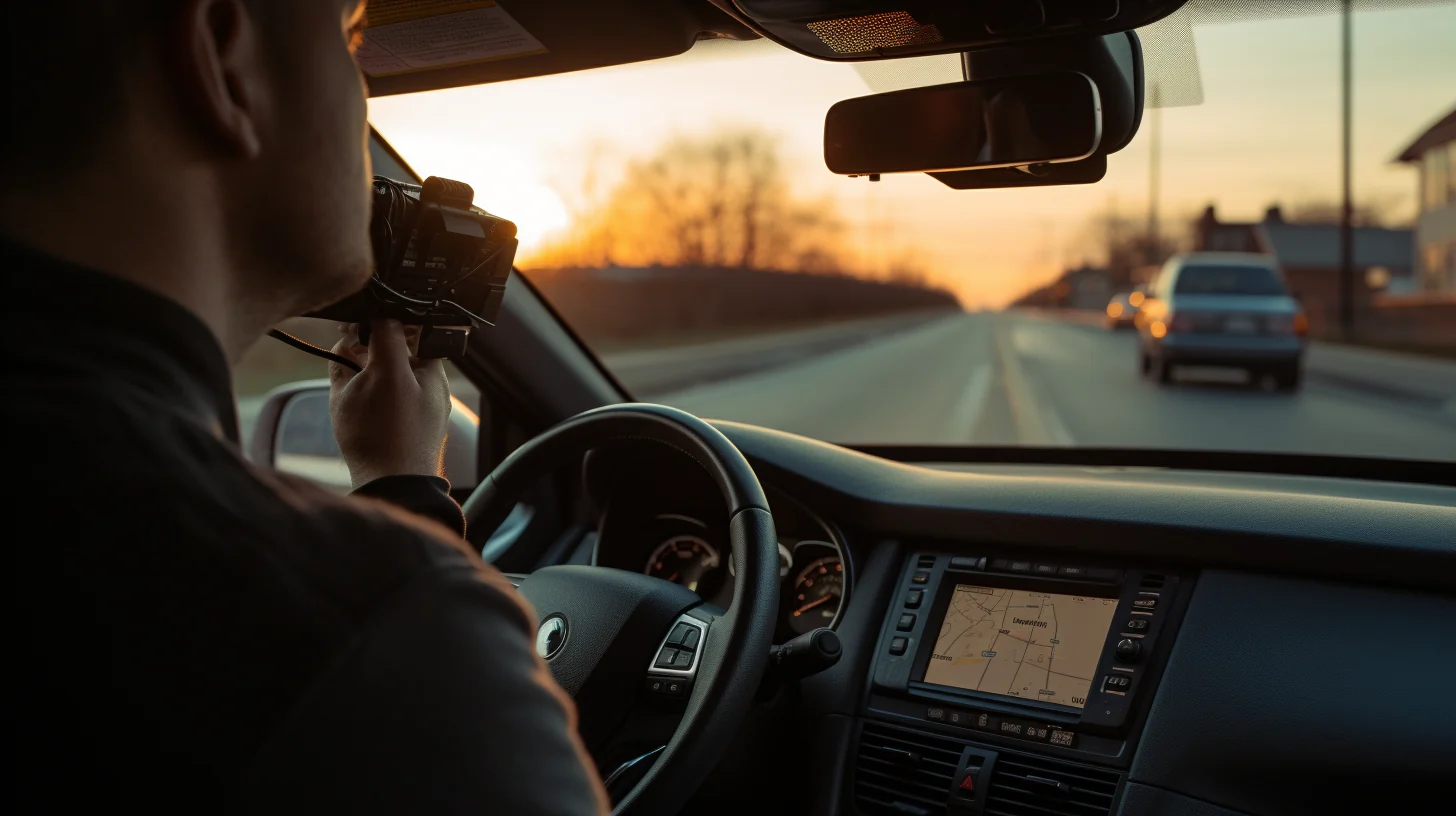Dash cams, also known as dashboard cameras, are small video-recording devices that are gaining popularity among drivers for safety, documentation, and even entertainment purposes. However, as their usage becomes widespread, it’s essential to understand the legal framework surrounding dash cams in Ohio to avoid getting on the wrong side of the law.
Introduction to Dash Cams
Dash cams are compact cameras mounted within a vehicle, typically on the dashboard or windshield. They continuously record footage of the road ahead and sometimes the vehicle’s interior. Drivers use dash cams for a variety of reasons, including:
- Accident Evidence: In the event of a car accident, dash cam footage can provide valuable evidence for determining fault and supporting insurance claims.
- Driving Behavior Monitoring: Dash cams can be used to monitor driving habits, such as harsh braking, speeding, or distracted driving, and for coaching improved behavior.
- Security: Some dash cams offer parking surveillance features to record any incidents while the vehicle is parked.
- Capturing Scenic Routes: Dash cams capture the views during road trips and vacations.
Ohio Dash Cam Laws: Key Considerations
Ohio has specific regulations concerning the use and placement of dash cams. Understanding these laws is crucial for responsible dash cam usage within the state.
- Windshield Mounting Regulations
Ohio law prohibits mounting any objects on the windshield that might obstruct the driver’s view of the road. Therefore, directly mounting a dash cam on the windshield is not allowed. The preferred placement for dash cams in Ohio is on the dashboard or another suitable location that doesn’t impede visibility.
- Audio Recording Restrictions
Ohio is a “one-party consent” state when it comes to audio recording. This means that at least one person involved in a conversation must consent to the recording. If a dash cam has audio recording capabilities, it’s essential to notify all occupants of the vehicle that their conversations may be recorded.
- Private Property Recordings
Recording video or audio on private property without the owner’s consent is generally not permitted in Ohio. Be mindful of this if your dash cam captures footage of private properties, especially if it has audio capabilities.
Using Dash Cam Footage as Evidence
Dash cam footage can be incredibly valuable in car accidents, personal injury claims, and other legal disputes. However, for it to be a powerful tool, it needs to be admissible in court.
- Admissibility in Ohio Courts
Dash cam footage is generally admissible as evidence in Ohio courts, provided it’s relevant to the case and complies with state laws. The judge presiding over your case will decide if the footage can be considered. To increase the likelihood of admissibility:
* Ensure the camera was functioning correctly.
* Testify that the footage accurately depicts the events in question.
- Scenarios Where Dash Cam Footage Can Be Valuable
Dash cam footage can be helpful in several situations, including:
* **Determining fault in car accidents:** Footage can show how an accident occurred and who may be at fault.
* **Insurance fraud prevention:** Dash cam footage can help counter false insurance claims.
* **Contesting traffic violations:** Footage might support disputing unwarranted traffic tickets.
* **Documenting road hazards or incidents:** Dash cam footage can record dangerous drivers, road conditions, or other traffic-related events.
Best Practices for Dash Cam Use in Ohio
To ensure you get the most out of your dash cam while staying within Ohio’s regulations, here are some best practices to follow:
- Optimal Placement: Mount your dash cam on the dashboard or another non-obstructive location. Check that the camera has a clear view of the road ahead without compromising your driving visibility in any way.
- Data Handling and Privacy: Regularly transfer and store dash cam footage securely. Consider deleting old footage that is no longer relevant. If footage captures individuals or private information, treat it sensitively and comply with data protection norms.
- Regular Maintenance: Ensure your dash cam is in good working order, regularly checking the recordings and settings to make sure it functions as expected.
Frequently Asked Questions (FAQs)
- Can I mount my dash cam on the rear windshield in Ohio?
- While there aren’t laws explicitly prohibiting this, it’s best to consult Ohio’s motor vehicle regulations for the most up-to-date guidance on permissible device mounting. Prioritize safety and a clear view out of your rear windshield.
- What if I’m involved in an accident while recording audio without the other parties’ consent?
- The admissibility of such footage in court may be compromised. If possible, it’s advisable to inform all vehicle occupants about audio recording or to disable the feature.
- Can police officers in Ohio confiscate my dash cam?
- Police officers may have the authority to seize your dash cam as evidence if they believe it contains footage relevant to an investigation.
- Are there any restrictions on commercial use of dash cams in Ohio?
- Specific regulations may apply to commercial fleets or vehicles used for ride-hailing services. Always research regulations relevant to your commercial usage to ensure compliance.
Conclusion
Dash cams offer drivers in Ohio numerous benefits, providing added security and valuable documentation. Understanding the essential regulations concerning their use is key to avoiding any unintended legal issues and maximizing their value. Adhering to mounting restrictions, being mindful of audio recording laws, and handling dash cam footage responsibly will contribute to a safe and informed dash cam experience in Ohio.
Sources
- Ohio Revised Code: The relevant parts of Ohio law can be found on the Ohio legislature’s website: https://codes.ohio.gov/ohio-revised-code
- BlackboxMyCar: Dash Cam Laws by State: https://www.blackboxmycar.com/pages/are-dash-cams-legal-in-my-area-dash-cam-laws-in-every-us-state
- Eric Henry Law: Understanding The Ways A Dashboard Camera Can Affect Your Lawsuit https://erichenrylaw.com/blog/understanding-the-ways-a-dashboard-camera-can-affect-your-lawsuit-40040
Disclaimer: The information provided in this article is for informational purposes only and should not be considered legal advice. It’s always best to consult with an attorney for specific guidance on legal matters related to dash cam usage in Ohio.



